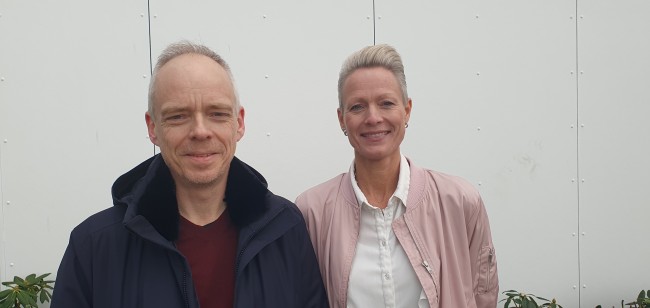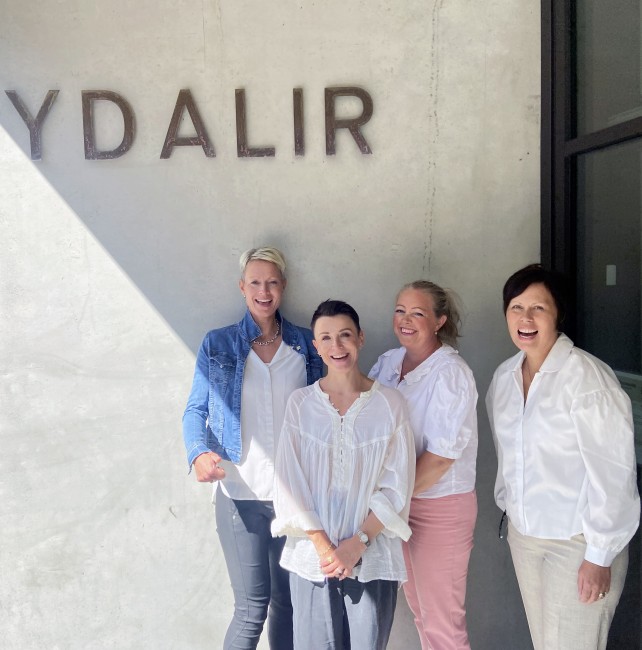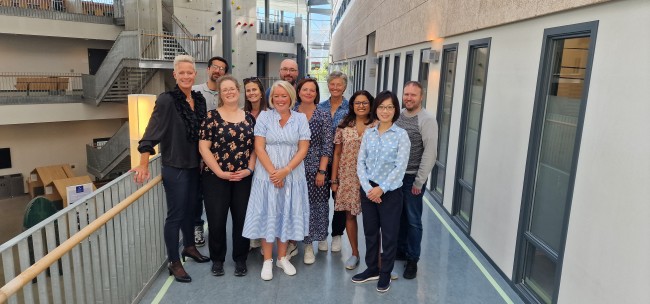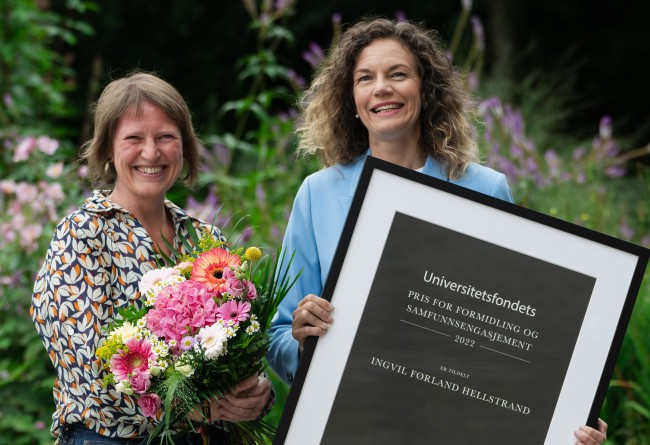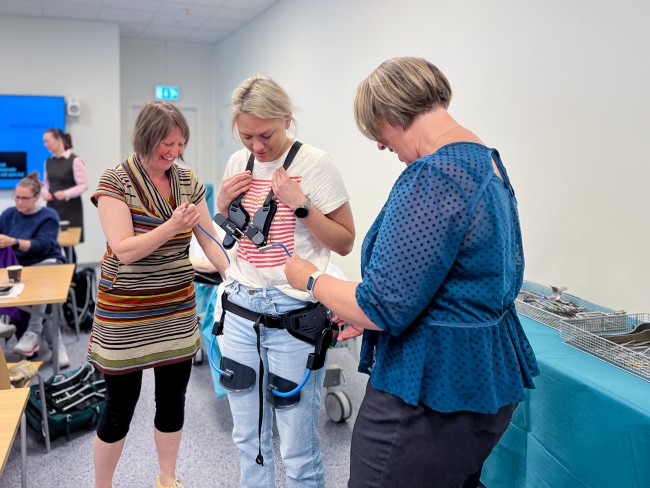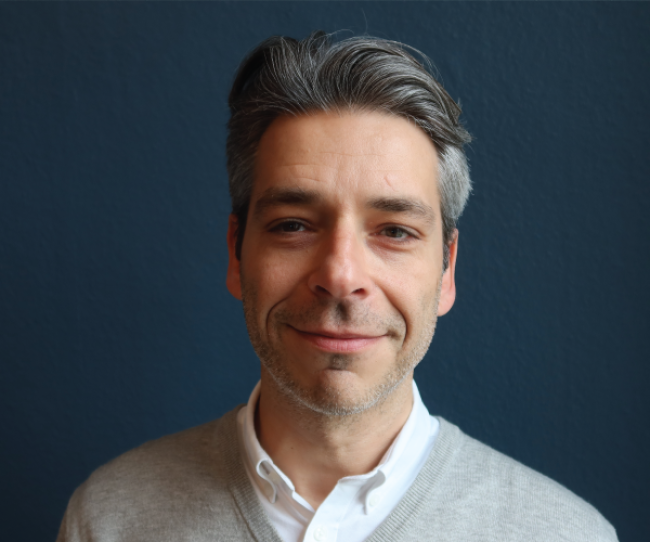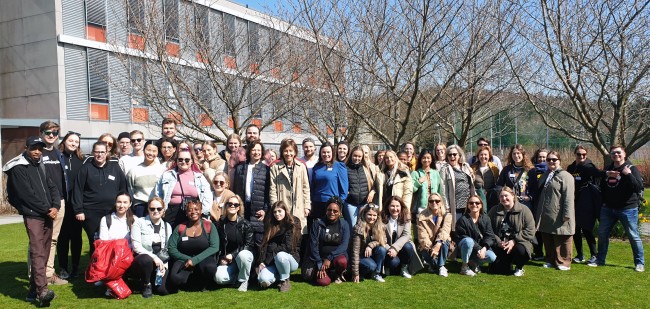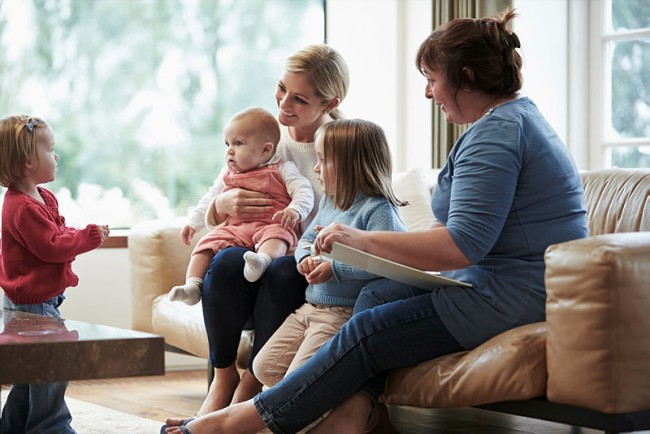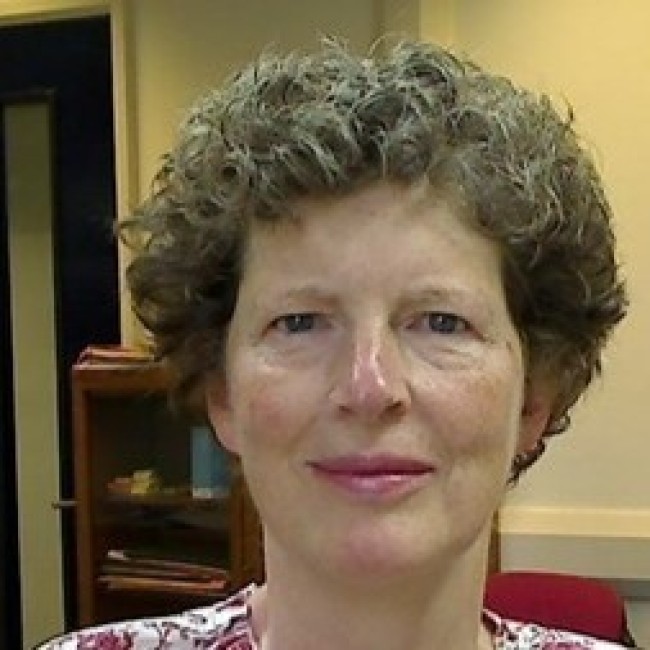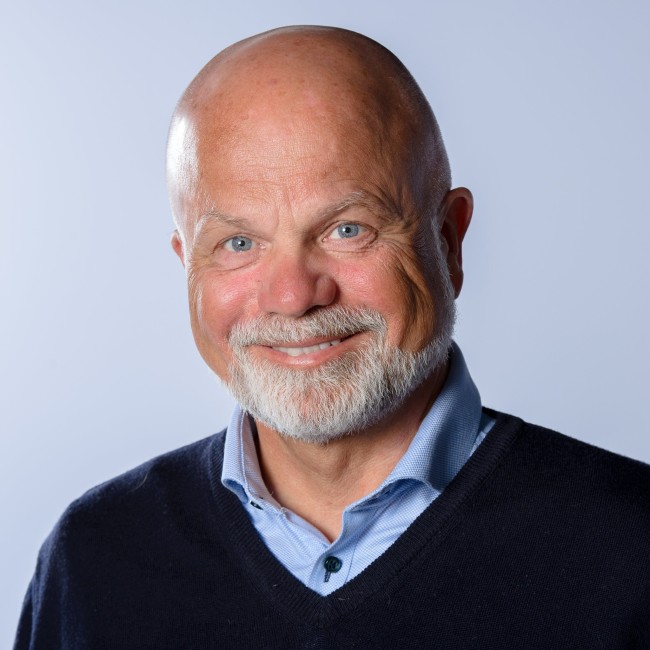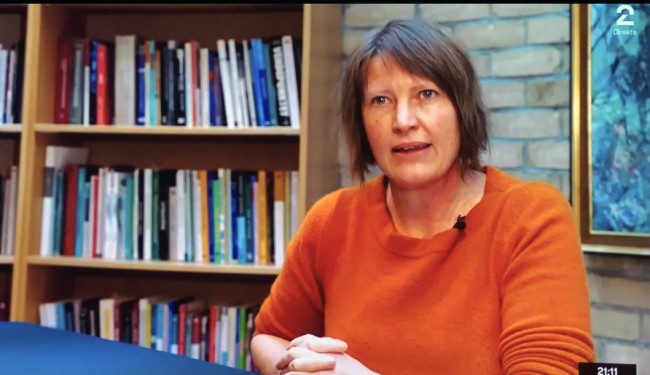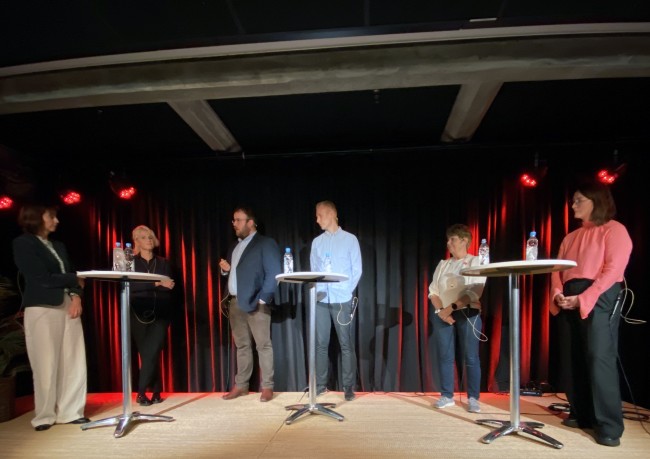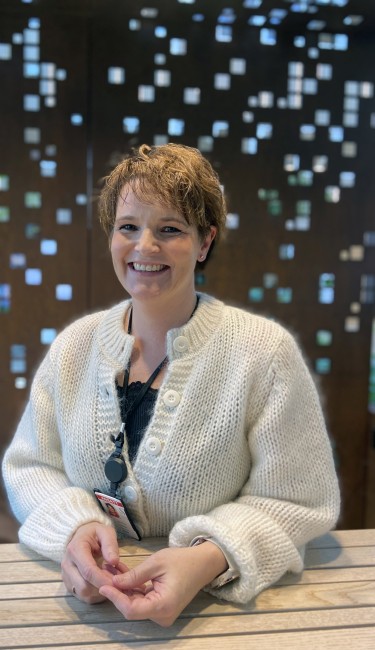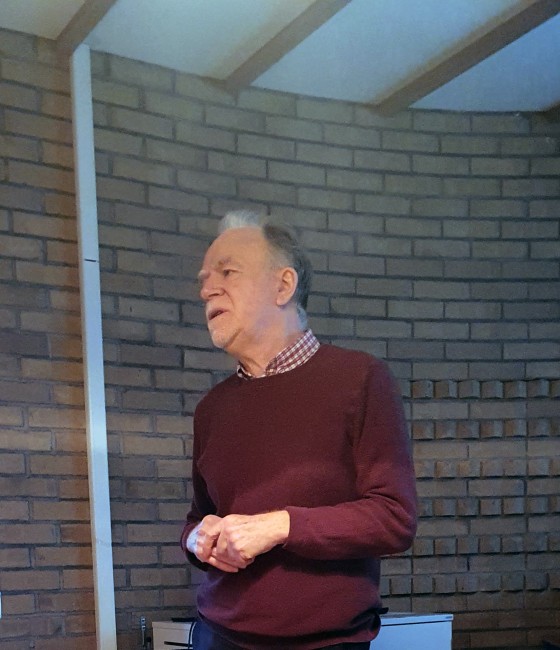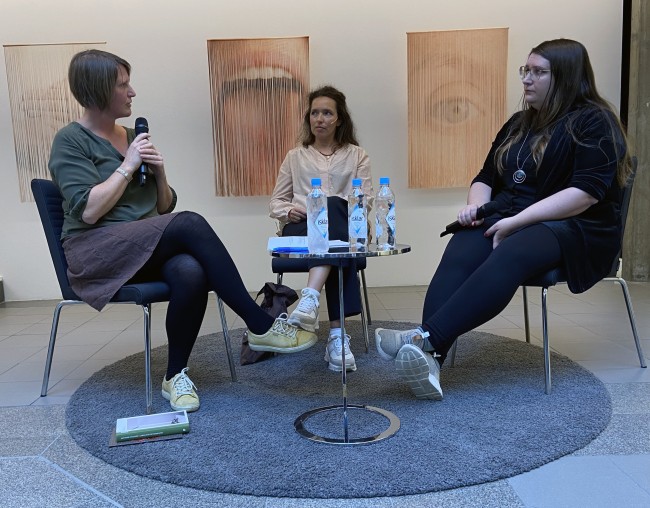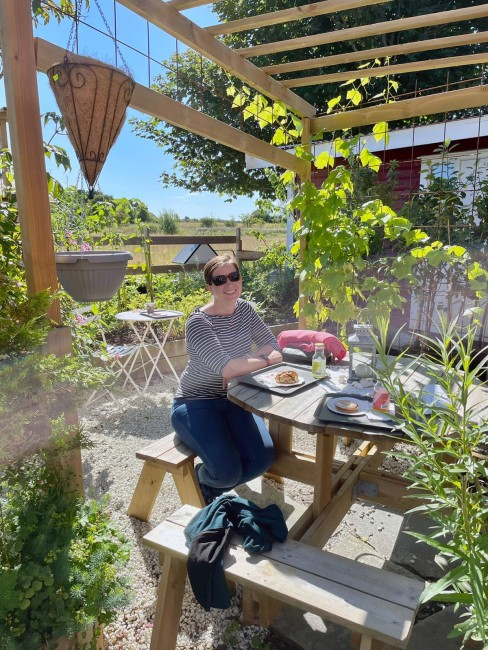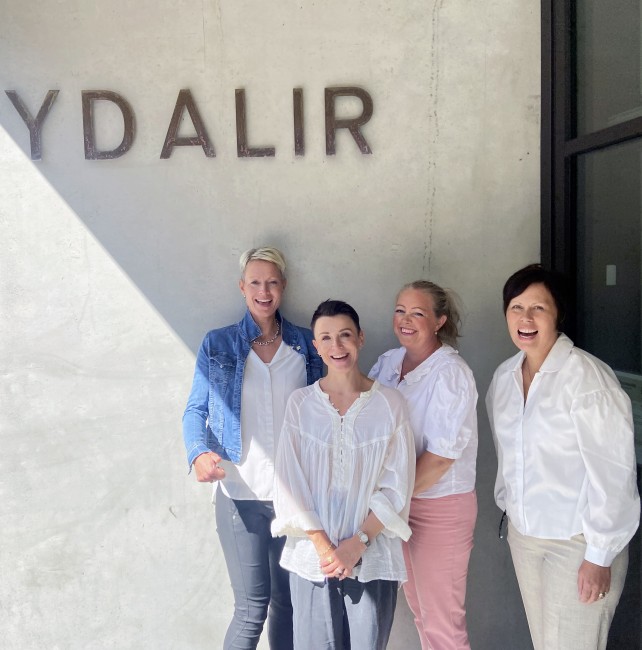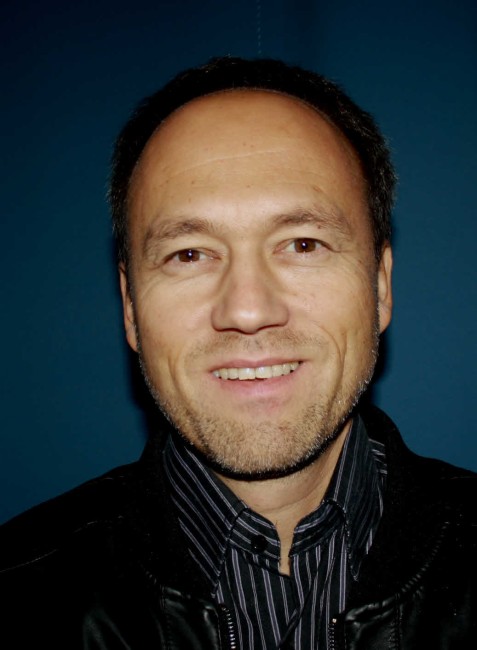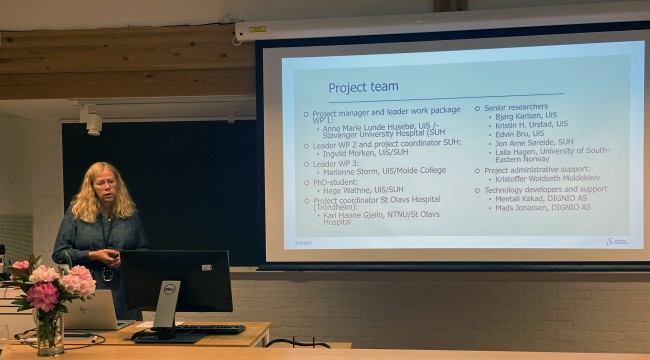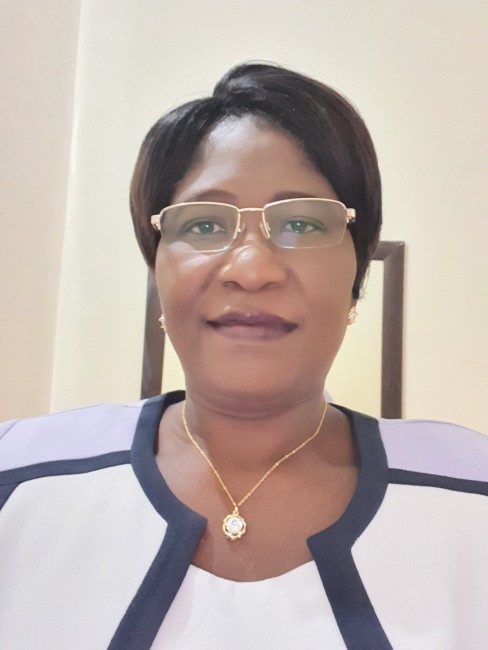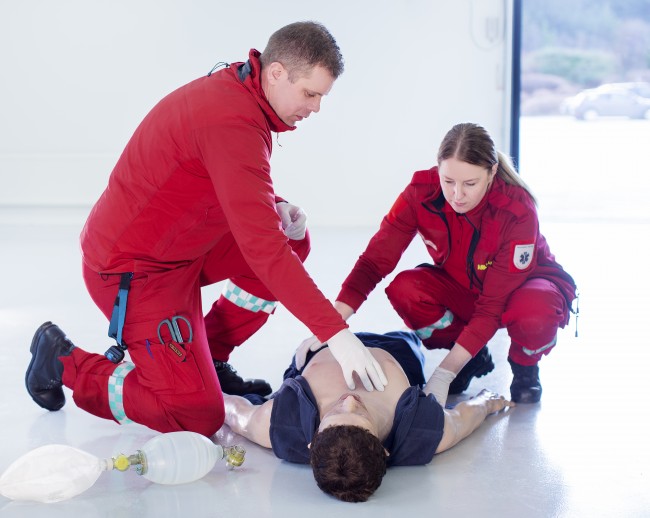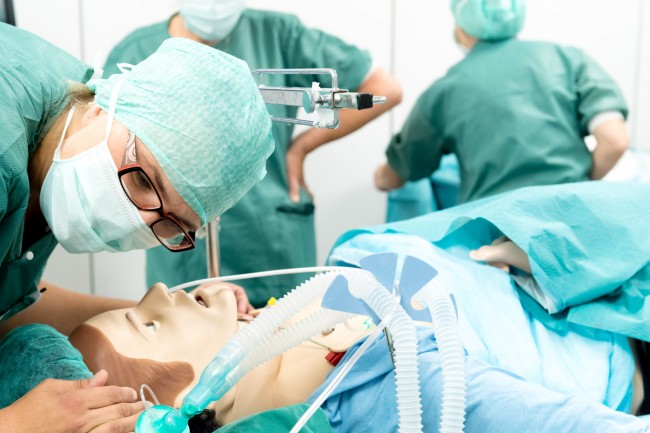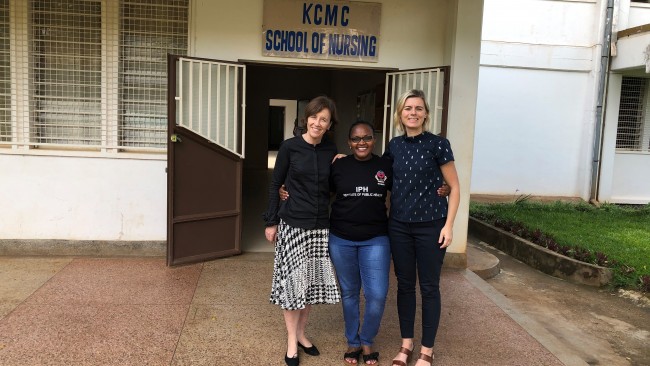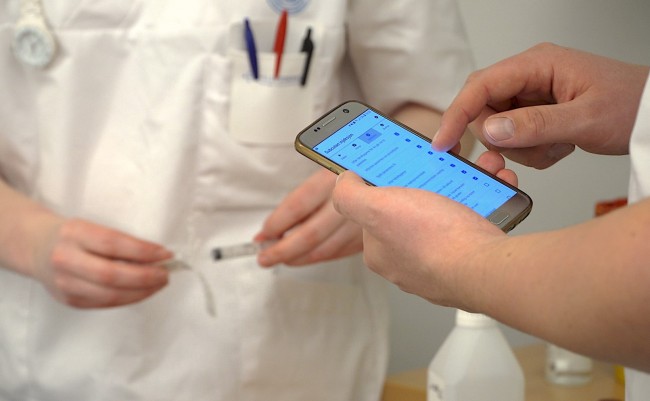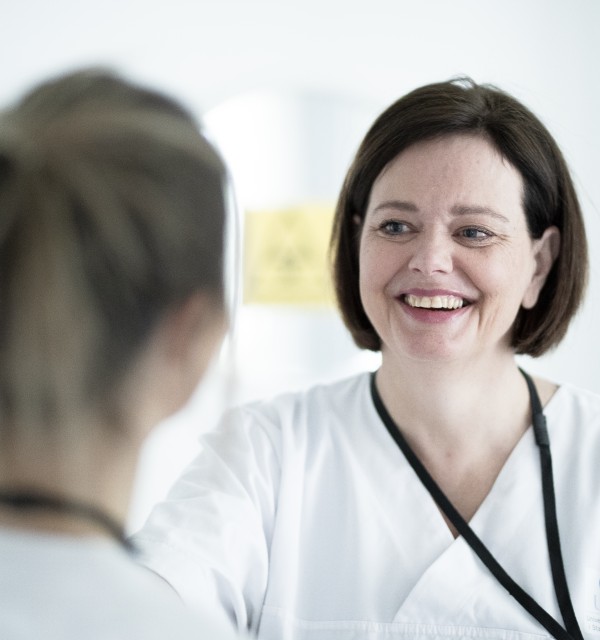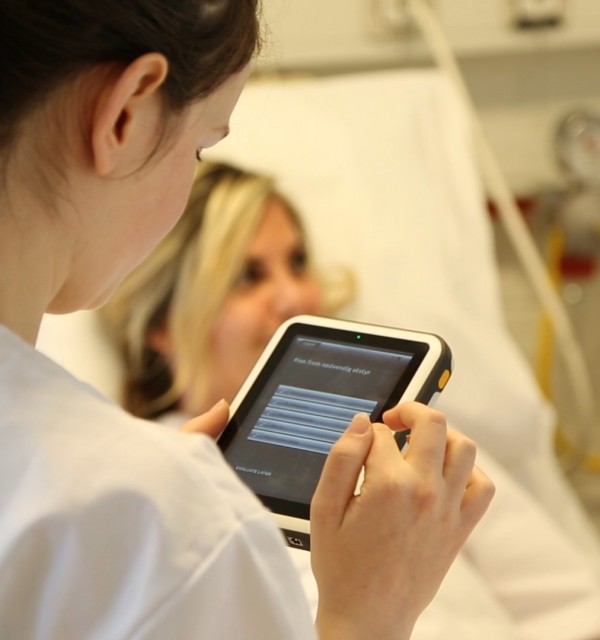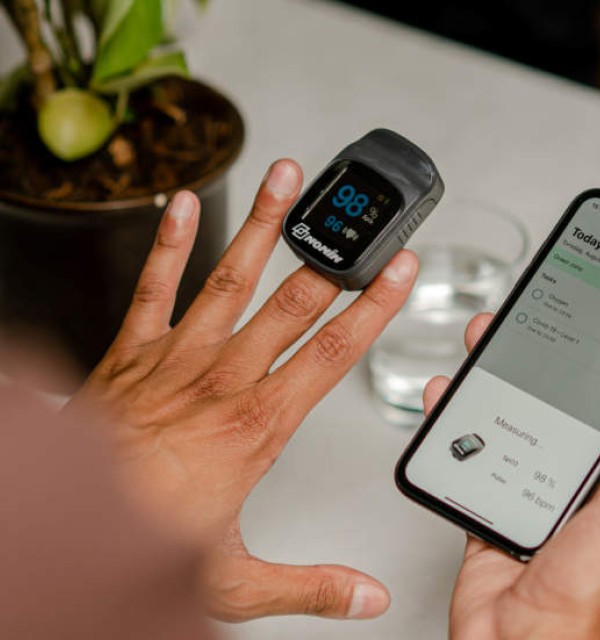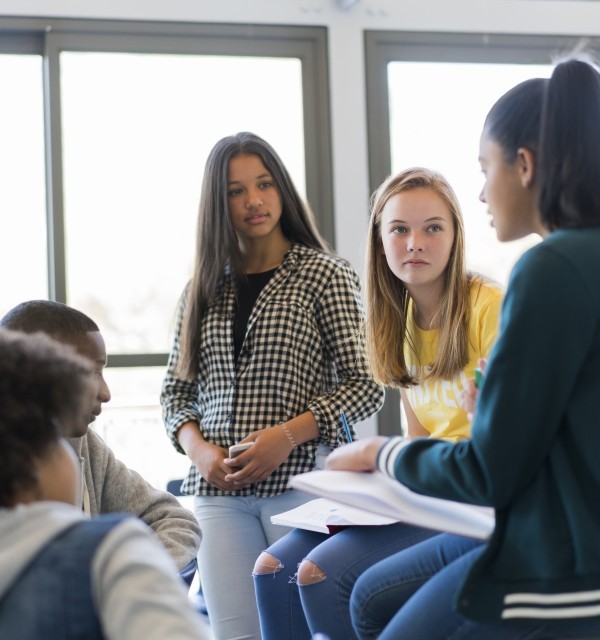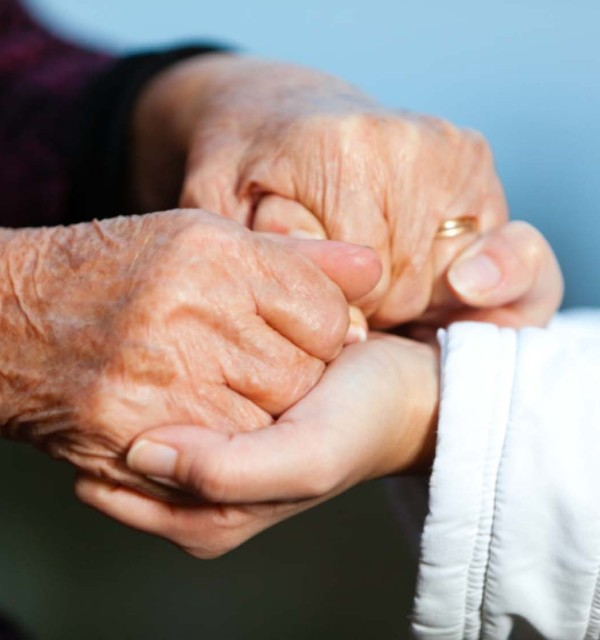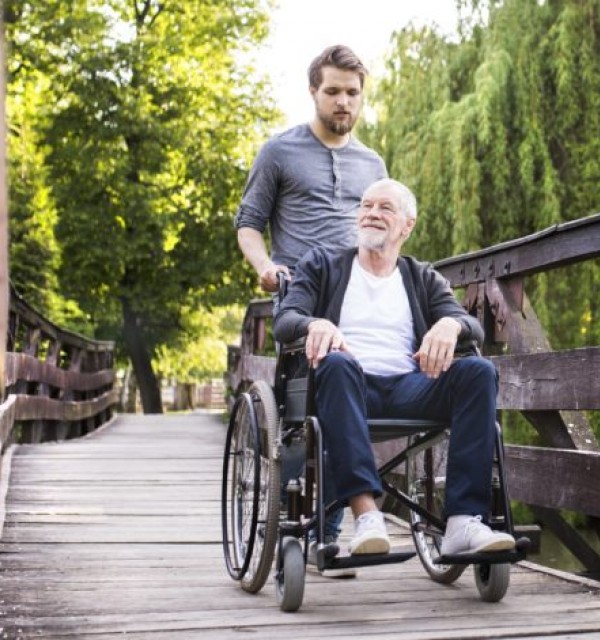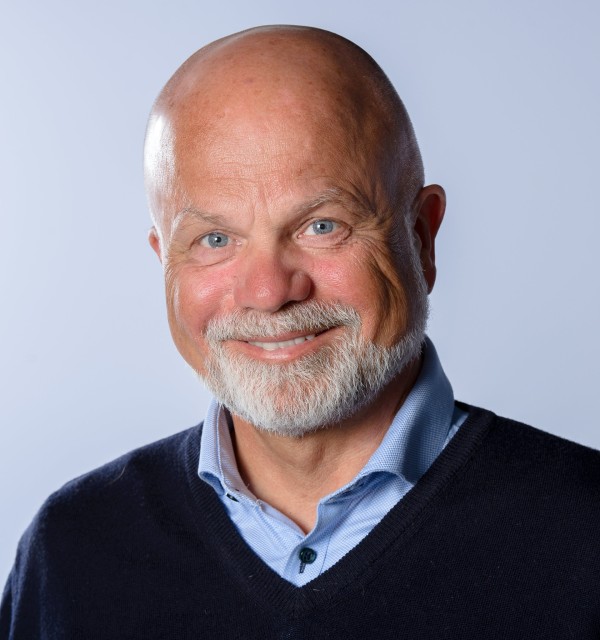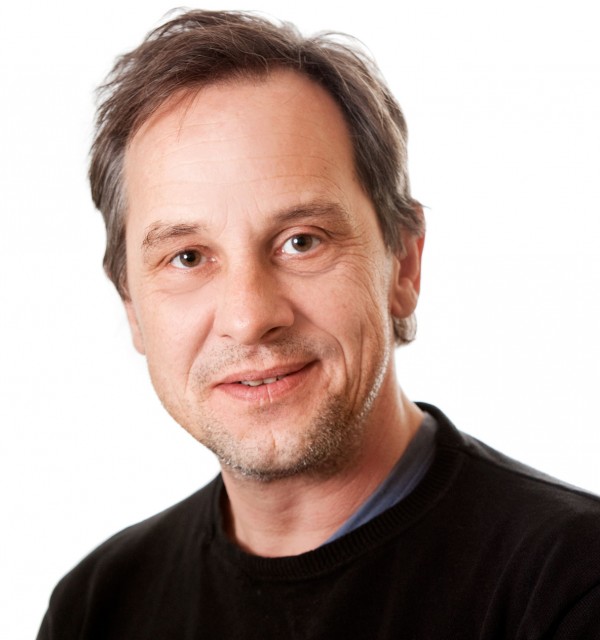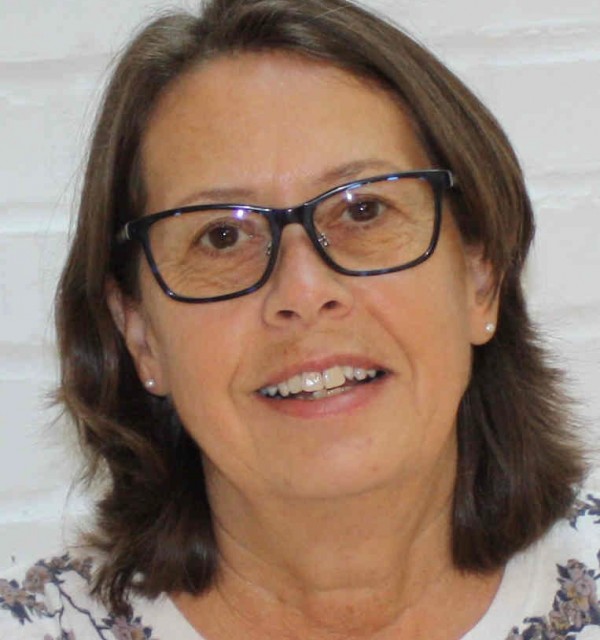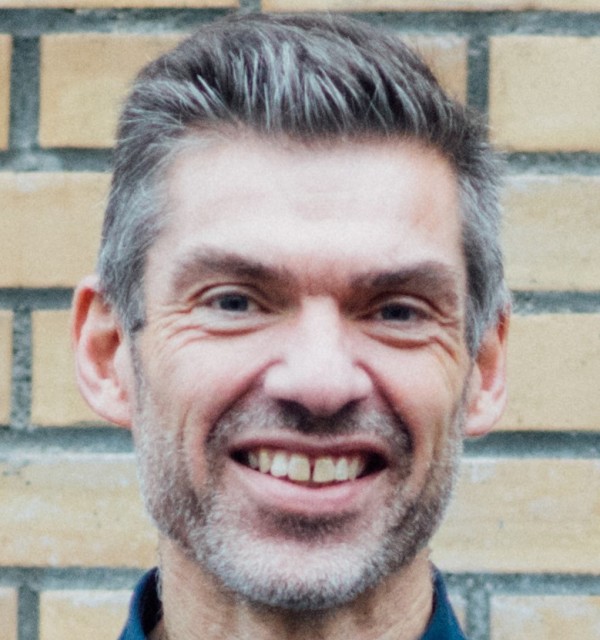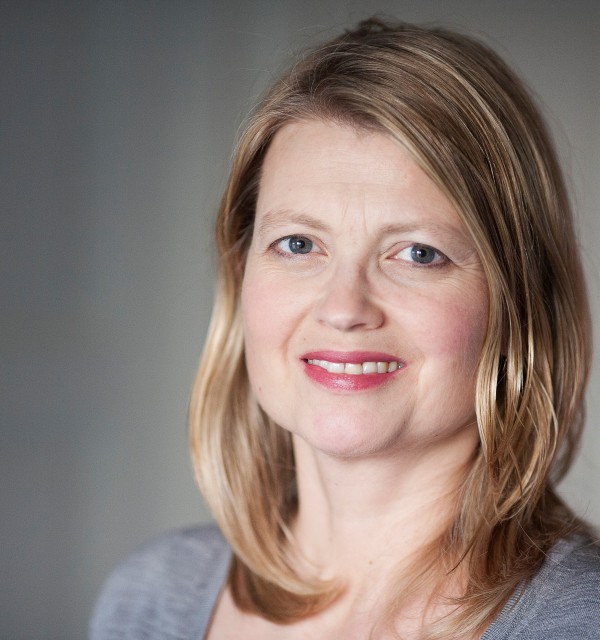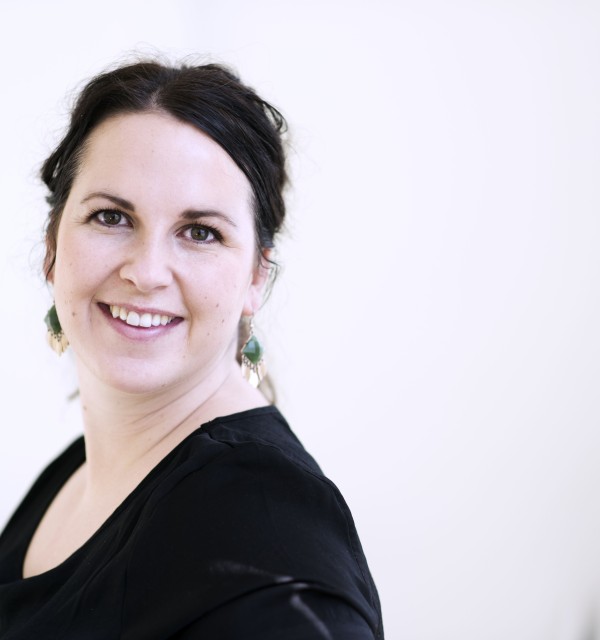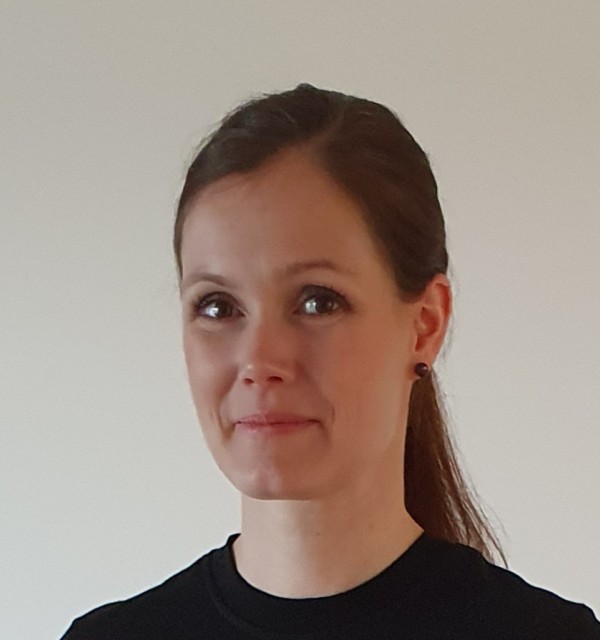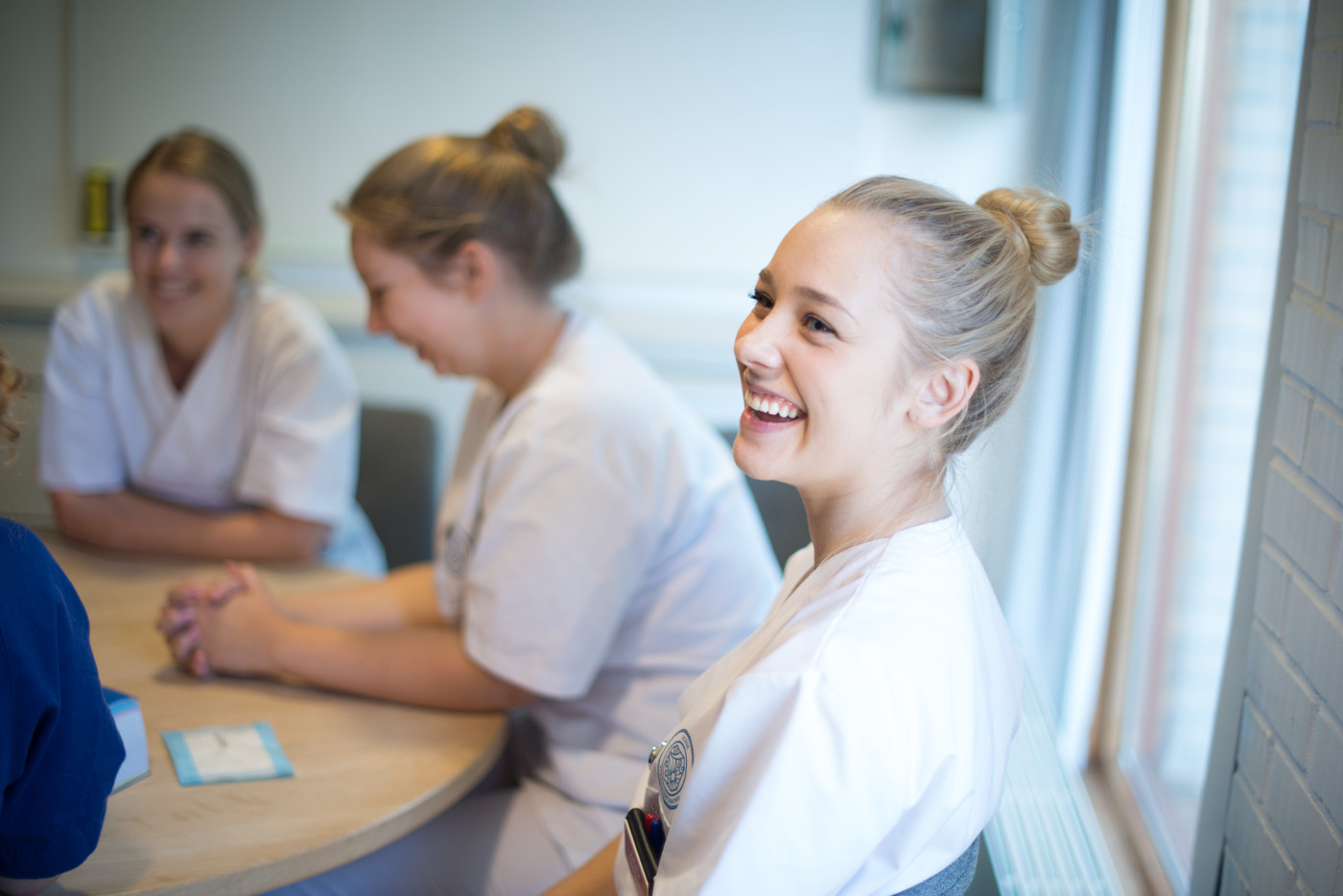
Faculty of Health Sciences
250
35
1500
About the faculty
The Faculty of Health Sciences educates competent healthcare professionals for health services in a state of constant transition. Our research covers subject areas related to health, medicine, ethics and welfare to ensure an interdisciplinary approach to health and healthcare services.
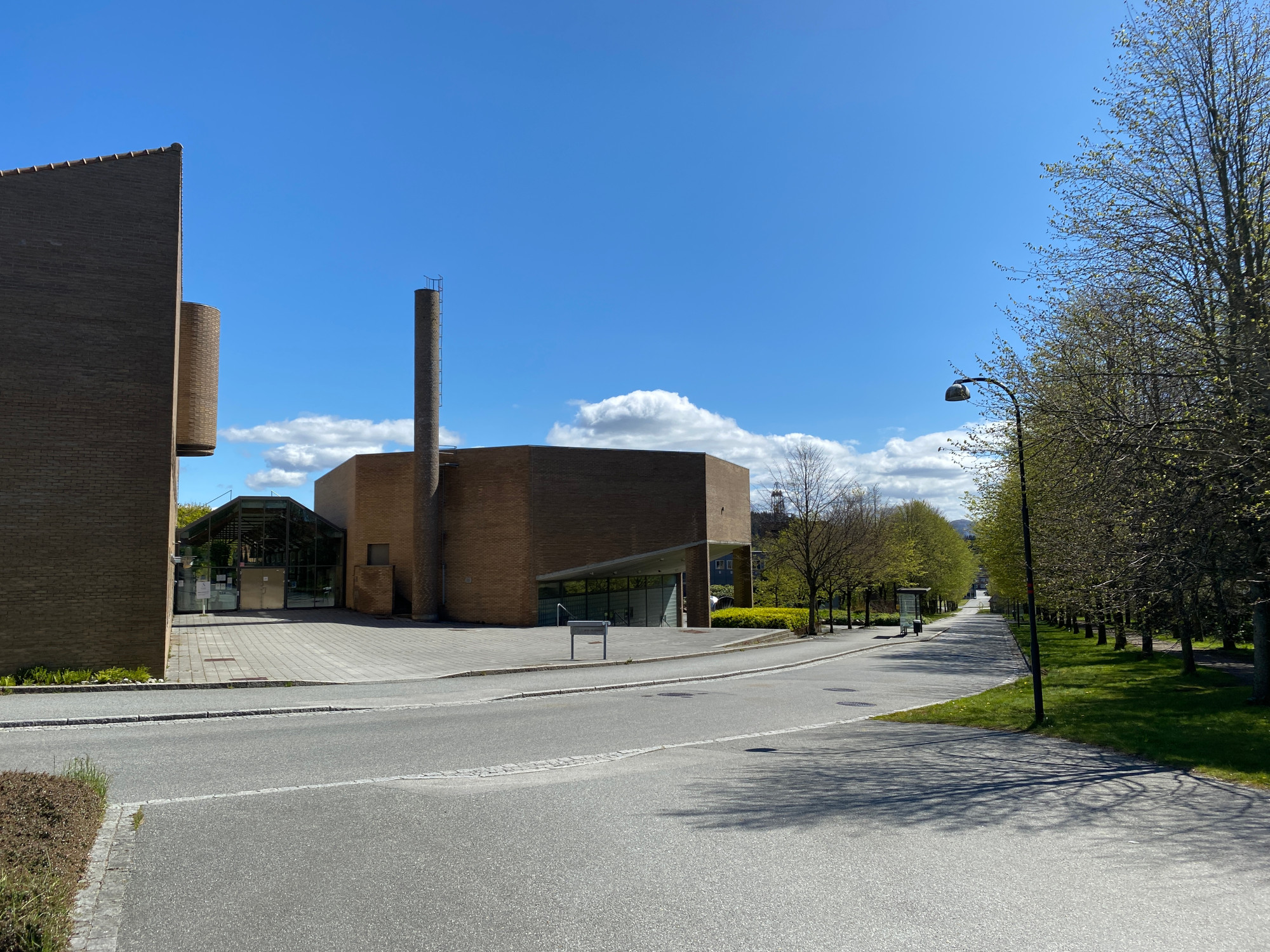
The Faculty is responsible for the education, research and dissemination of knowledge within health sciences and medicine. Through our research, we contribute to the innovation and development of healthcare and welfare services in close collaboration with users, clinical practice and business partners.
Healthcare and welfare services are facing complex challenges and require the development of state of the art skills and competence. The faculty will educate healthcare professionals who are able to deliver treatment and care based on thorough subject knowledge, and who possess the ability to reflect and to make ethical,sustainable choices in complicated situations.
The Faculty is headed by dean Eldar Søreide. Employees at the faculty are organised into the three following departments, supported by the faculty administration:
- Department of Public Health
- Department of Quality and Health Technology
- Department of Caring and Ethics
In addition, SHARE - Centre for Resilience in Healthcare is an integral part of the faculty, and provides the country’s most pioneering research environment within quality and safety in healthcare services.
Contact us
The faculty management and administration are located at Kjell Arholms hus, on Ullandhaug campus. Telephone: (+47) 51 83 41 00 E-mail: helsefag@uis.no
News
Global State of Patient Safety 2023 – Supporting Leaders
At a time when healthcare is at a crossroads, the "Global State of Patient Safety 2023 – Supporting Leaders" seminar hos...
Oslo University Hospital is a new partner in SHARE
As a new partner, Section for Acute and Pre-hospital care at Oslo University Hospital strengthens research on prehospita...
Together for a Sustainable Future of Quality and Safety
SHARE - Center for Resilience in Healthcare recently hosted an international seminar titled “The future of quality and s...
Gathering International Researchers at Sola
SHARE – Center for Resilience in Healthcare at UiS is hosting Resilient Health Care Society’s summer conference at Sola ...
Organizes seminar on the future of quality and safety in healthcare
SHARE – Center for Resilience in Healthcare is hosting an international seminar titled “The future of quality and safety...
Prestigious EU grant for Health Services Research
Researchers at the University of Stavanger have received 6 million euros from the prestigious EU research program Horizo...
Ingvil Hellstrand Wins Award for Dissemination and Societal engagement
The UiS researcher moves elegantly between equal opportunities and gender diversity, welfare and caring sciences researc...
Signe Østrem Furre is the newest member of eHealth@H2H research team
She joins the existing team of nurses who have developed and are testing the nurse assisted digital application that aim...
Reducing nurses’ workload with exoskeletons
Students and researchers at UiS are convinced that exoskeletons can be a useful aid for operating room nurses during lon...
A Care Strategy for caregivers and care receivers by the EU
During the conference “From Knowledge to Action – the role of carers is changing?” in Oslo on March 16 Stecy Yghemonos h...
Simulating the future
The Faculty of Health Sciences at UiS organized the course “Simulation-based learning in nursing education” from April 1...
Patients and families engaged in resilient healthcare systems
Patients and their families contribute to the resilience of healthcare systems. This is particularly evident as global h...
Greater focus on the role of informal caregivers
Maja Hassel, next of kin and caregiver, thinks this year’s conference theme "Caregivers - from extra work to sound invol...
Two worlds colliding: exploring the boundaries between system resilience and individual resilience
A recent webinar organised by the Resilient Health Care Network focused on the intersection of individual psychological ...
New dean at the Faculty of Health Sciences
Eldar Søreide is the new dean at the Faculty of Health Sciences at the University of Stavanger from September 5th, 2022.
The Caring Futures project on TV2 News
Researchers from “Caring Futures: Developing Care Ethics for Technology-Mediated Care Practices” were interviewed and qu...
Divergent Approaches to the Future of the Health Sector
The Caring Futures research project invited five regional participants to a panel discussion at Sølvberget Library and C...
Bringing together stakeholders in care technology
In the end of September, Health Campus Stavanger, in collaboration with the Caring Futures research project invited rese...
Calls for more international research collaboration
Professor Stephen Billett from Griffith University Australia, is involved in several of SHARE – Centre for Resilience in...
Discussing the relationality between people and technology
This is a theme of interest to both the author Cathrine Knudsen and the artist Kari Telstad Sundet. The event, Science F...
A grand opening
After a long and close collaboration, Ingvil Hellstrand (UiS) and curator Hege Tapio were able to deliver their opening ...
Award winner visited the Faculty of Health Sciences
Rosalynn Austin from the University of Southampton visited the Department of Public Health to discuss health promotion f...
Gathers international researchers at the University of Stavanger
SHARE – Center for Resilience in Healthcare is hosting an international quality and safety in healthcare seminar at Ydal...
Successful funding application for 4-year project
The project will examine the mental health of indigenous and ethnic minority youth, in order to develop digital health s...
Digital home follow-up - challenges and opportunities
The research project eHealth@hospital-2-home arranged a seminar at The Faculty of Health Sciences at UiS. It was held in...
Positive feedback after digital workshop
The first digital workshop in the NORHED II project was successful, and developing simulation-based training is on sched...
A Norwegian project for student active simulation-based learning in higher education
Here we present a project that will substantially build on the findings of SAFETY+ and offers possibilities for future d...
Each emergency is different and requires different skills
Two medical emergencies have been outlined in this article. The SAFETY Project is about trying to understand different t...
Implementing simulation-based education in Malawi and Tanzania
The University of Stavanger has received NOK 18.7 million from Norad to implement simulation-based education in nur...
Training app for enhancing students' clinical nursing skills
Norwegian, English, and Spanish nursing students can now use a new app when practicing practical procedures. The app aim...
Cognitive and behavioral neuroscience lab
The Cognitive Lab provides the natural sciences and research on cognition and artificial intelligence with a meeting pla...
Study programmes
The Faculty of Health Sciences offers state of the art education within health sciences from bachelor to doctoral level.
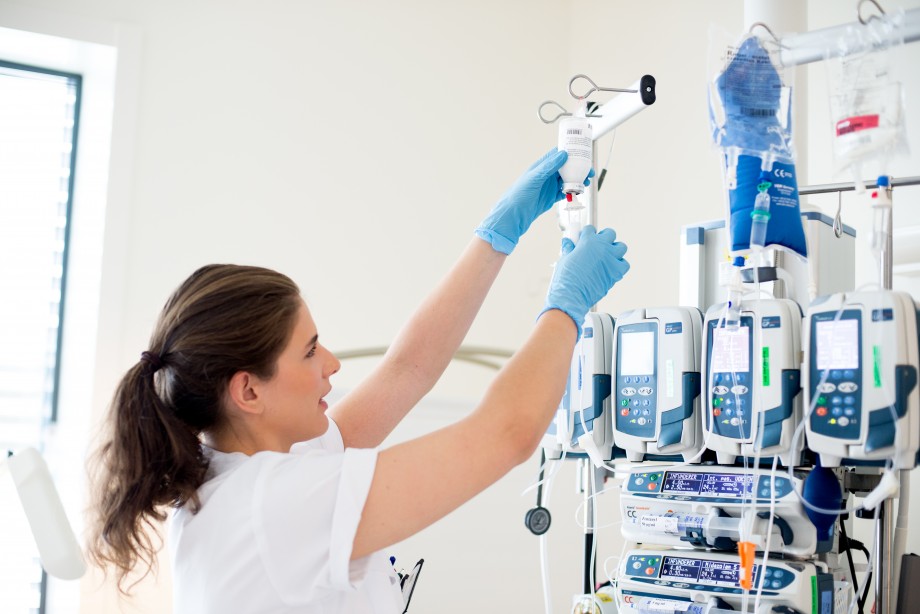
We have two highly regarded bachelor programs in nursing and paramedicine, interdisciplinary master programmes in Health Sciences, Substance Use and Mental Health Work and Prehospital Critical Care, as well as nursing specialisations within midwifery, public health nursing, anesthesia, intensive care, surgical nursing and cancer care.
Our committed staff strive to develop new teaching methods and tools that provide excellent learning opportunities for our students. In both training and research, we focus on digitalisation, interdisciplinary collaboration and simulation. In recent years, our staff have been particularly active in the implementation of digital learning tools such as e-learning apps for nursing education. The skills laboratories in Kjell Arholms hus, the simulation centre SAFER and the newly established test, innovation and simulation centre HelseCampus are some of the facilities that our students can utilize to practice practical procedures and simulate situations which are relevant for the challenges they will meet in clinical practice.
The faculty's research education within health sciences and medicine has a strong interdisciplinary focus. Our PhD candidates participate in exciting research projects and work within robust and diverse research environments. Our candidates are provided ample support and mentoring opportunities during their research training. The faculty also hosts PROFRES – a national research school within the professional disciplines of health, welfare and education.
Research
Research at the faculty covers a wide range of fields in health sciences and medicine. Our research environments cooperate closely with patients, users, clinical practice and business partners to aid the further development of health services.
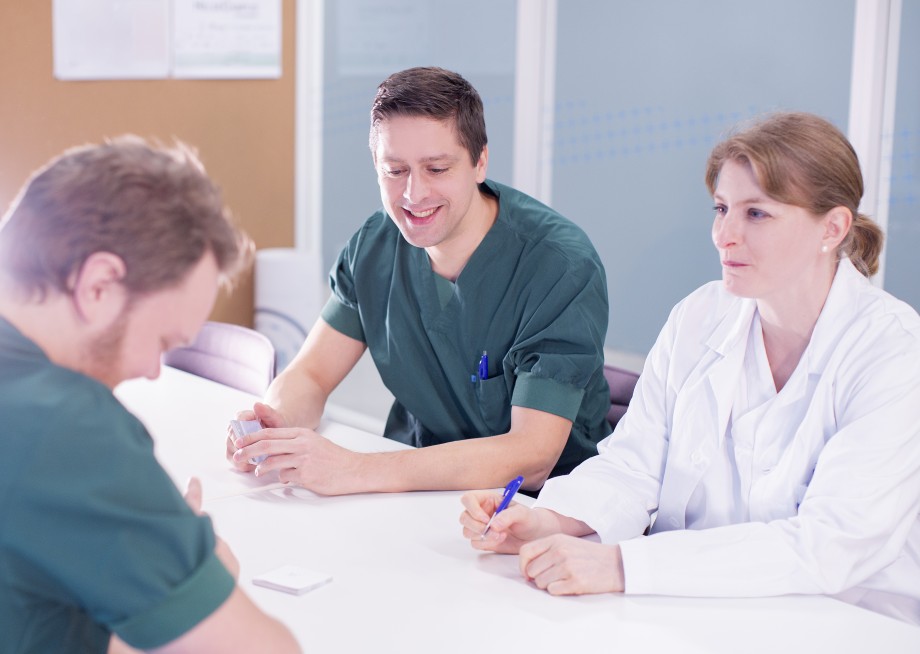
The faculty is at the forefront of research within simulation and e-learning, patient safety and quality in health services. Our research focuses on measures to promote health, increase societal participation and strengthen relational competence, as well as strengthening and widening the knowledge base for quality improvement, development and innovation in clinical practice.
Challenges within the health sector are increasingly met with digitalisation and the development of new technology. The ability to work in an interdisciplinary manner and use technology in healthcare is increasingly important. At the Faculty of Health Sciences, we research the implementation of health technology and meet the challenges of current ethical dilemmas in order to provide evidence and knowledge-based health services of high quality for patients and users.
Research areas
The Faculty management
The faculty is led by Dean Eldar Søreide and Faculty director Arne Endresen. Marit Alstveit and Thor Ole Gulsrud are Vice Deans for education and research. Department heads and leader of the research center SHARE are part of the faculty management.
The Faculty Administration
The Faculty administration plays an advisory role, and is responsible for overall administration and procedures.
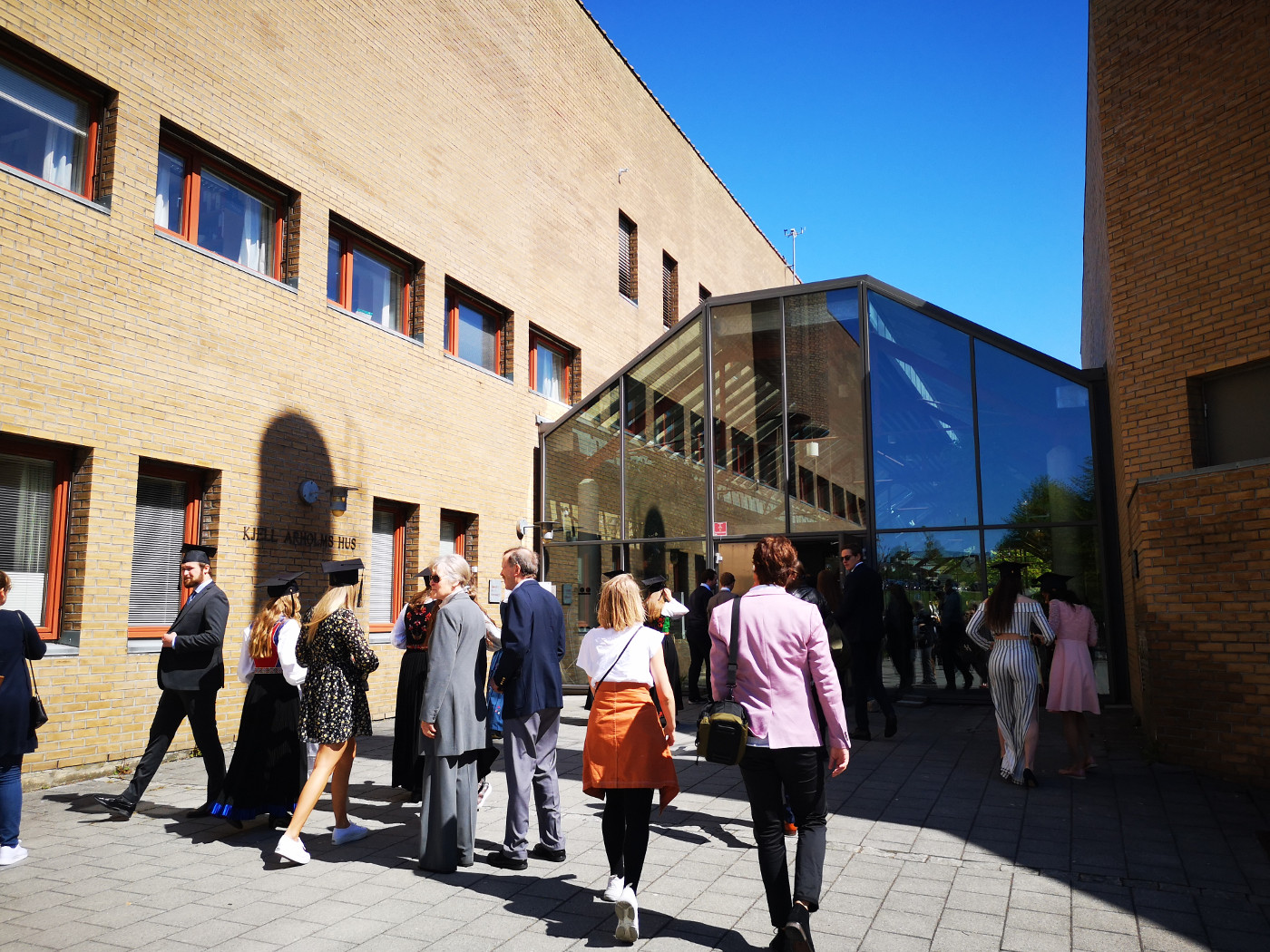
The faculty administration is located in the Kjell Arholm building, 1st floor. Faculty director Arne Endresen is head of the administration.
Reception opening hours:
Even weeks: Monday, Wednesday and Friday from 09.00 - 13.00
Odd weeks: Tuesday and Thursday from 09.00 - 13.00
Contact:
E-mail: helsefag@uis.no Telephone: (+47) 51 83 41 00
The Faculty Board
The Faculty Board is responsible for determining overall goals, priorities and strategies for the faculty.
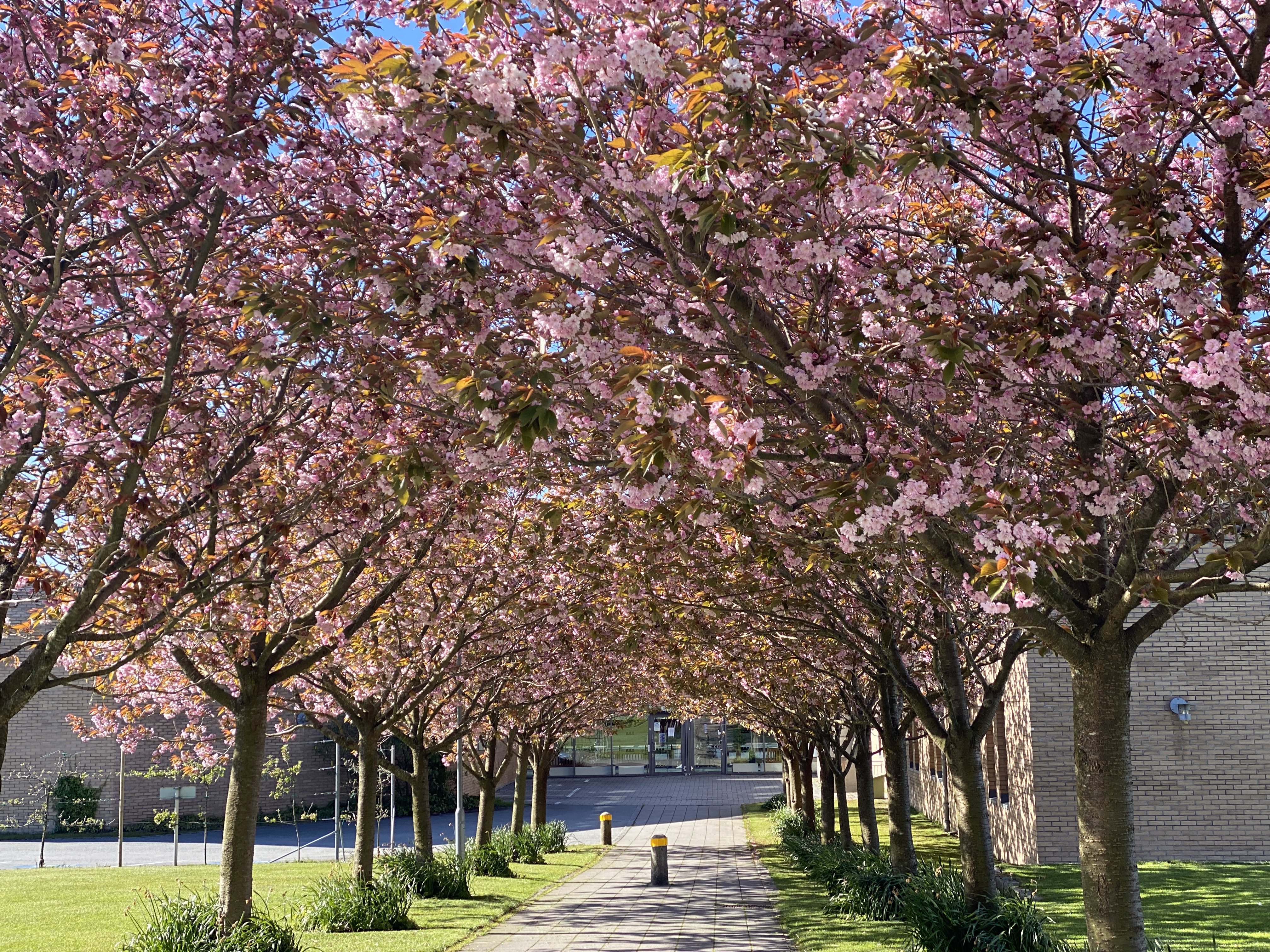
This entails, among other things, determining study programmes, submitting proposals to the university board, as well as defining areas for strategic initiatives within research and public relations.
The Faculty Board has 9 members. The Board consists of academic and administrative employees, students and external members.
Members of the board 2017-2021
Chair of the Board: Per Haarr
Deputy chair: Anne Marie Joa
Academic staff: Siri Wiig, Trond Erik Grønnestad, Marianne Storm og Kolbjørn K. Brønnick
Technical and administrative staff: Stine B. Sørflaten
Student representatives: Jakob H. Grung og Selma Brakalsvålet

